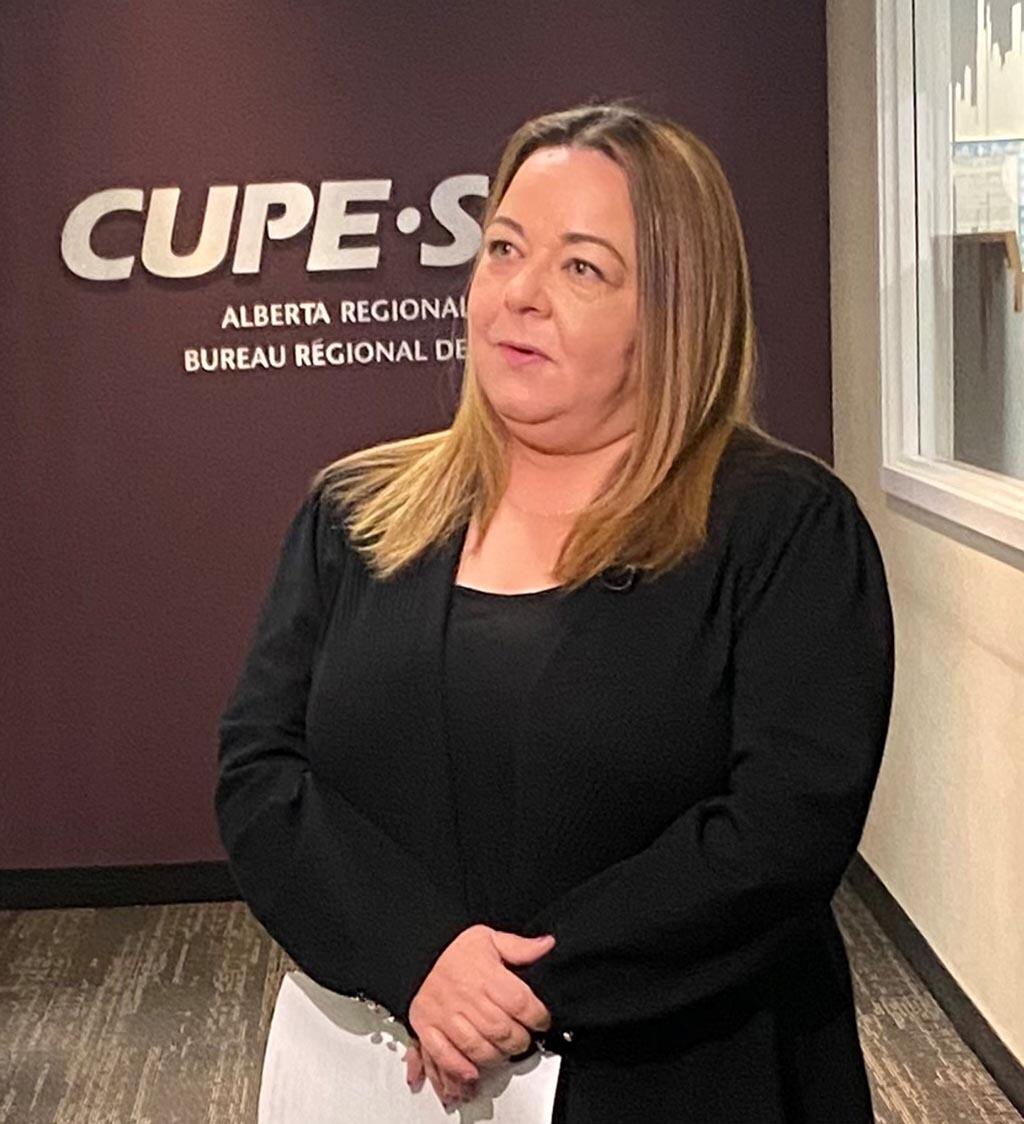At the beginning of a new year, many people focus on improving their physical health, but it’s important not to forget about mental health. Just like physical health, we need to maintain our mental health and not wait until we’re struggling to address it. There are many things we can do to support our own mental health and to help others.
How to support yourself
1. Self-care
Maintaining mental health includes making time for self-care even when we’re not struggling. Self-care helps us balance the stress in our lives, build resilience and avoid more serious mental health challenges. Any activity you find enjoyable or relaxing, such as listening to music or reading a book, can be self-care.
- Activity: Make a list of activities you find enjoyable or relaxing and prioritize doing some of these regularly.
2. Self-awareness
A little self-awareness can go a long way. We can be proactive in boosting our mental health when we know the current status of our mental health and the circumstances or situations that can affect it. For example, if you know that you’ll be marking papers all weekend and that this can cause stress, plan how you will maintain your mental health, either by doing self-care activities or connecting with friends, family or colleagues.
- Activity: Check in with yourself regularly to determine the status of your mental health. Ask your-self questions like, “How is my mental health?” “How have I been feeling lately?”
- Activity: List the circumstances and situations that affect your mental health and be aware of when those are happening so you can give yourself a boost by doing self-care activities or connecting with others.
3. Connection with family, friends and colleagues
Connecting with people who accept and support us is another way we can maintain our mental health.
When you’re mentally healthy, your support network promotes feelings of belonging, acceptance and understanding. When you’re struggling, you can ask your support network for help.
- Activity: List the people in your support network and be sure to include some people you would feel comfortable reaching out to for help.
4. Other resources
The following resources can also be helpful in helping you maintain your mental health, and there are some listed that can be helpful if you’re in crisis, too:
- Go to ab.211.ca or call 211 to learn more about your local community services, many of which are offered at no cost.
- Be aware of what resources are available through your employee assistance program and health benefits.
- If you’re really struggling with your mental health or having thoughts of suicide, call or text the Suicide Crisis Helpline at 988.
How to support others
People do not always reach out when they’re struggling, but there are ways we can help someone even if they don’t ask.
1. Pay attention
Be on the lookout for signs that someone is struggling. It doesn’t take much. Any noticeable change in a person’s behaviour is a sign that they might not be doing well.
2. Reach out
If you notice a change in someone, start an open, non-judgmental conversation and ask how they’re doing. You can mention the change you’ve noticed. For example, “I haven’t heard from you much these days. Is everything okay?” Listen to what they say and resist the urge to offer solutions unless asked.
3. Offer your support
Acknowledge that their feelings are valid and let them know you are there to support them. For example, “That sounds really hard. Can you tell me more about it? I’m here for you.”
4. Connect them to resources
If you think the person could benefit from further support, connect them with resources like those listed above. If you think they may be considering suicide, ask them directly, “Are you thinking about suicide?” If they say yes, don’t panic; let them know you are there for them and connect them with accessible mental health supports, such as the Suicide Crisis Helpline (988).
As you continue into the remainder of the school year, remember that mental health is health. Do your best to take care of yourself, remembering the importance of self-care, connection with others and supporting each other. ❚
| CMHA Alberta supports provincial-wide community mental health projects, mental health advocacy, government relations and workplace mental health training. A division of CMHA Alberta, the Centre for Suicide Prevention equips Canadians with the information, knowledge and skills necessary to respond to people considering suicide. |
Opinions expressed on this page represent the views of the individual writers and do not necessarily reflect the position of the Alberta Teachers’ Association.

Communications Director, CMHA Alberta and Centre for Suicide Prevention


